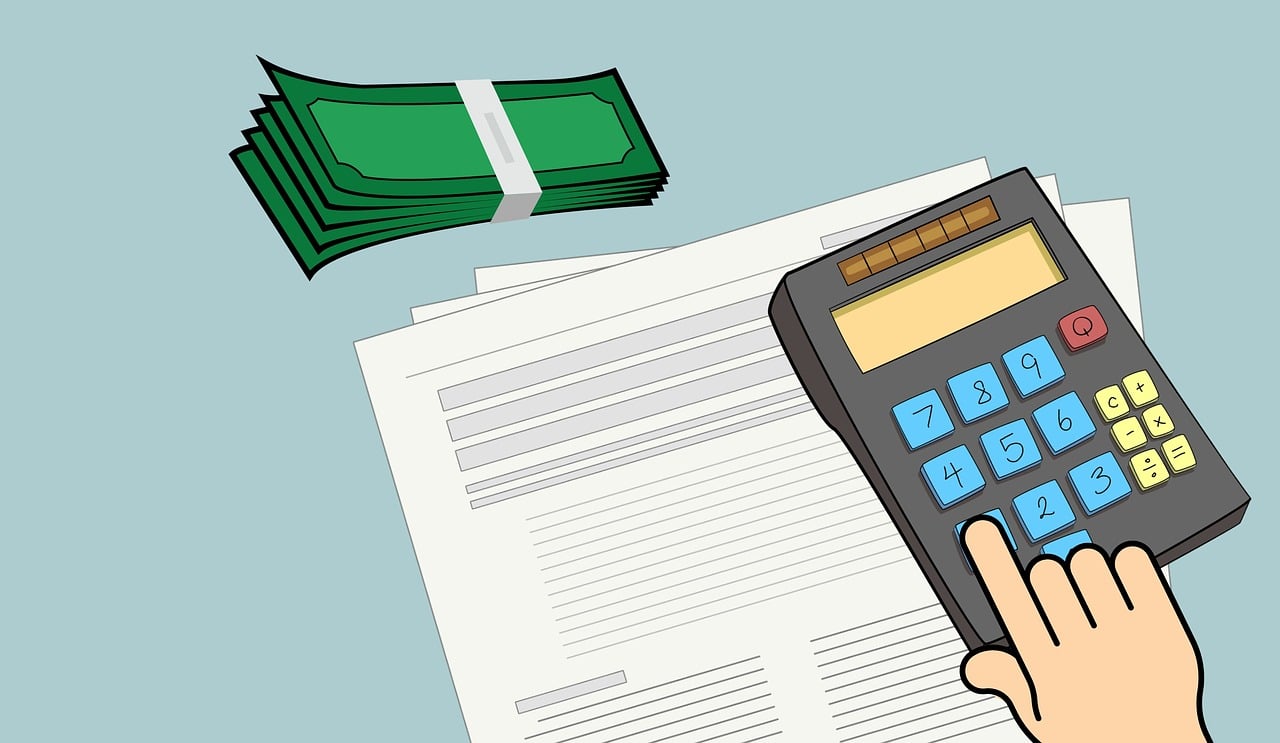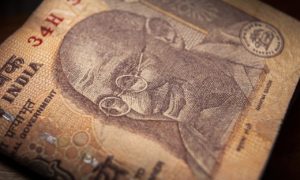Tution Fees and HRA are among certain deductions that fall under the income tax ambit which every individual must take care.
The arrival of Budget 2019 pinned a lot of hopes among the salaried persons. While breaking the tax net by claiming the deductions was the talk of the country on the day, when Finance Minister Piyush Goyal announced the euphoric budget.
Tution Fees
The individuals can claim tution fees paid for their children as a rebate under the 80C Investment basket if it is paid from the income.
- The deduction can be claimed only for two children.
- Benefit is restricted only to the amount of tution fees and no other expenses like donation or capitation fees, development fund, exam fees, etc. are allowed.
- The maximum permissible deduction is of Rs 1.5 lakh.
- It has to be a full time education, including play school activities and pre-nursery classes. The institute could be privately owned or government aided.
- The parent who makes the payment will be eligible for the tax advantage. If both the parents are working, the deductions can be claimed individually depending upon the amount of fees paid. To ensure that the goal is met, it is important to create a saving plan towards it.
The interest paid on educational loan can also be claimed as a deduction and the individual can receive benefits under the section 80 E. The individual need to submit the receipt received by the school for the payment during the financial year and it should be reflected in from 12BB before submitting the proof of investment.
House Rent Allowance
For most of the employees, HRA constitutes the part of their salary structure. Although it is a part of the salary, but unlike salary, it is not fully taxable. There are certain conditions attached to it, a part of HRA is exempt under the section 10 (13A) of the Income Tax Act.
The amount of HRA is deductible before calculating the taxable income and it helps to save tax. This benefit can be availed only by the salaried professionals who have HRA as a component of their salary structure and are living in rented accommodation. Self-employed professionals are not eligible for this deduction.
The individual has to pay minimum amount of actual HRA received or 50% of the salary if living in metro areas and 40% of salary if living in non-metro areas or excess of rent paid annually above 10% of the salary.
Example
The individual has a monthly salary of Rs 15,000 and receive HRA of Rs 7000 and pays Rs 8400 for accommodation. The tax rate applicable is 20% of the income. He can avail tax benefit of the least of the following
Actual amount of HRA=Rs 84,000
50% in metro=Rs 90,000
Excess of rent paid above 10% of annual salary= Rs 82,800
HRA calculator can simplify this financial decision for you. It shows that 84,000 is actually received as HRA and out of it Rs 82,800 gets tax exemption and only Rs 1200 is added to the employee’s taxable income.
Those who do not receive HRA can claim rent benefit under Section 80 (GG) of the Income-tax Act.
There are various Dos and Don’t related to every tax rebate an individual can claim. You need to be aware as well as alert in planning them.











